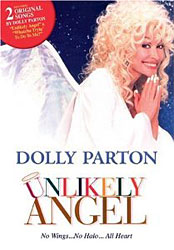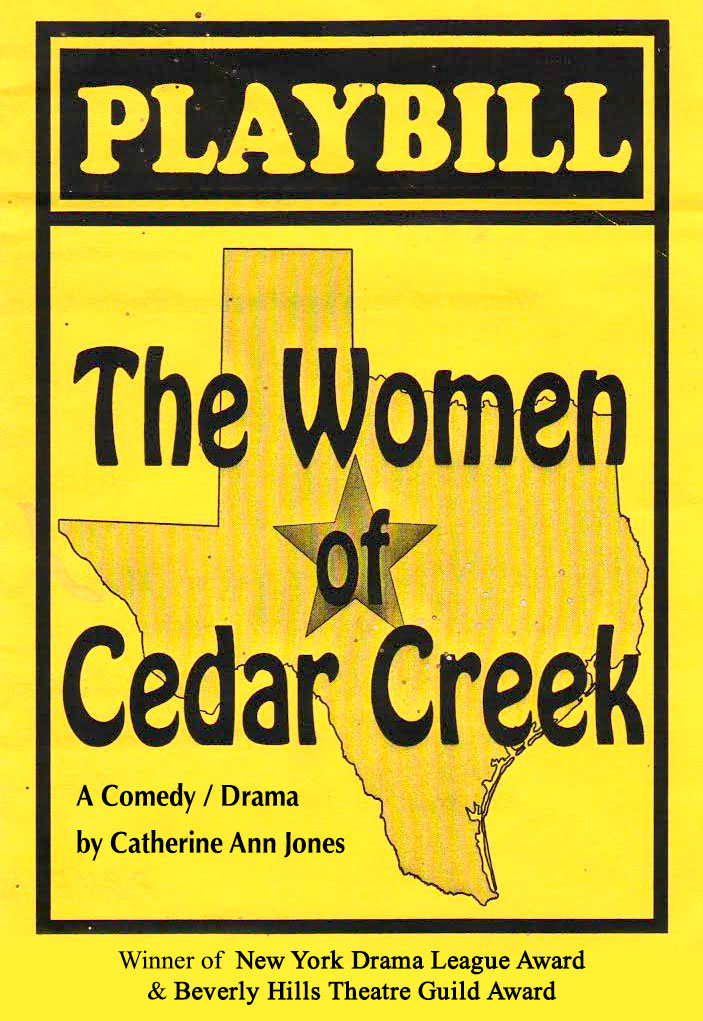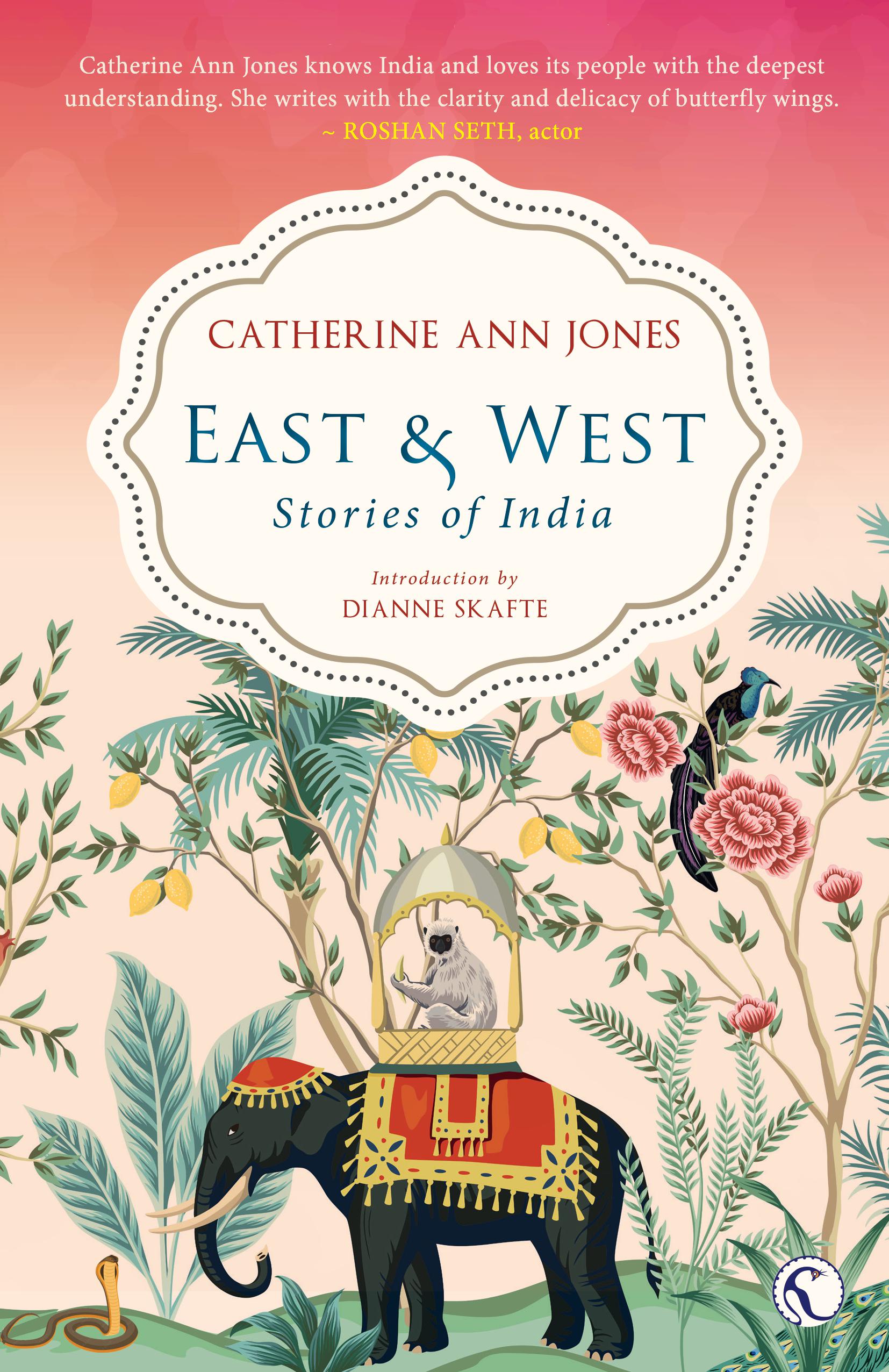Our Job as Writers
OUR JOB AS WRITERS

Our job as writers is both to see the world for what it is
and to imagine a better one into being.
Carolyn Forche
An only child, since age 7 when I began my writing journey by writing poems, writing was an imaginary friend I could talk with. At age 9, I wrote my first story, The Silver Cup, about a girl and a colt she raised. At age 16, my first play, Always a Tomorrow. Then more plays with 11 produced and several awards followed which led to an invitation from Hollywood to write films (The Christmas Wife; Unlikely Angel with Dolly Parton) and a television series (Touched by an Angel). After leaving Hollywood and moving to a small town in S. California, 8 books followed and this week I begin #9, another memoir.
Lately, I reflect on why writing? For starters, writing is the best therapy I know. Maya Angelou once said, “I write in order to discover myself.” I also re- create in my own voice what and how I perceive the world around me. Recently, my lawyer-son remarked after reading one of my short stories in East & West: Stories of India, that people don’t really talk like that. Hmm, I thought, don’t they? Then I realized that the best plays, movies, and novels all reveal not what ‘real life’ people may say, but what they should say and not just think. Most dramatic works are family dramas and most family struggles in real life arise from what is not said but should be said. Edward Albee’s Who’s Afraid of Virginia Woolf or Arthur Miller’s Death of a Salesman are two examples. We might look back to 5th C. Greece at Antigone or Oedipus Rex or 16th C. England to Romeo and Juliet or Othello or Hamlet
Or 19h c. Russia to Anton Chekhov’s The Cherry Orchard or The Seagull. All family dramas. And all depicting what should have been said in real life.
The aim of a writer is not only to reveal the world as it is but to imagine a better one where conflict is voiced and characters interact by telling the truth as they perceive it in order to create a better relationship, a better world.
Conflict is part of life and part of our world. How to confront conflict in our lives, in our stories, and reveal the truth as we see it? This constitutes our job as writers.
Writing my dysfunctional family play, The Women of Cedar Creek, was one of the hardest challenges I ever faced. Three generations of Southern women in conflict with each other and with themselves embrace 24 hours of conflict to emerge strengthening that fragile bond called family. Upon completing the play, I assumed it was too personal, too Texas, to appeal to others. Imagine my surprise when this play won more awards than any of the earlier plays I had penned. Strangers would come up to me and say, “I’m from Kansas. That was my sister. How could you know?” or “I’m from Canada. That was my mother to a tee.”
From this experience, I learned a valuable lesson as a writer. That the universal rests in the specific and not the other way round. The lesson: Dare to be personal!
For writing consults, workshops, blogs, online courses, & psychic readings


 The Way of Story
The Way of Story